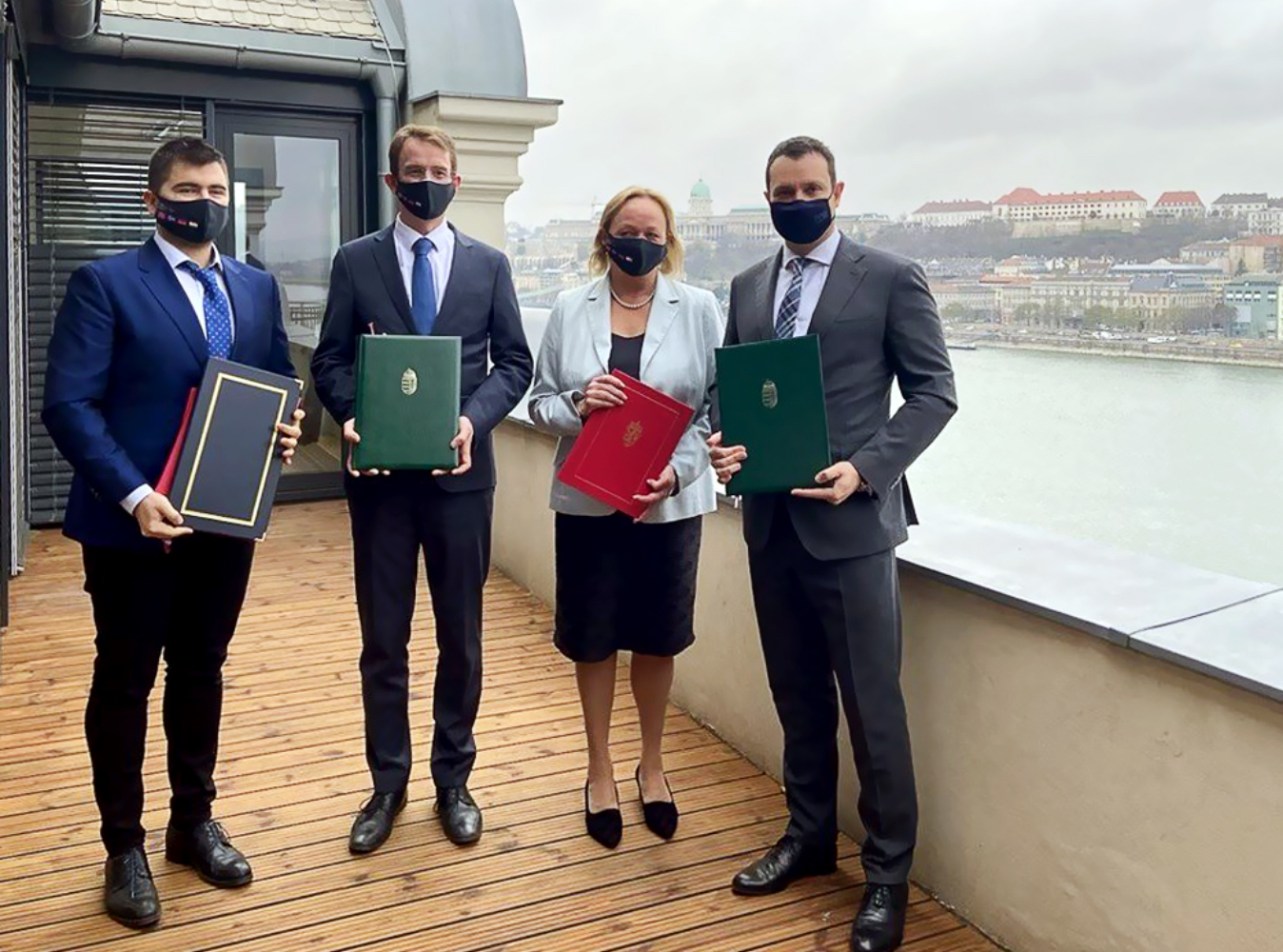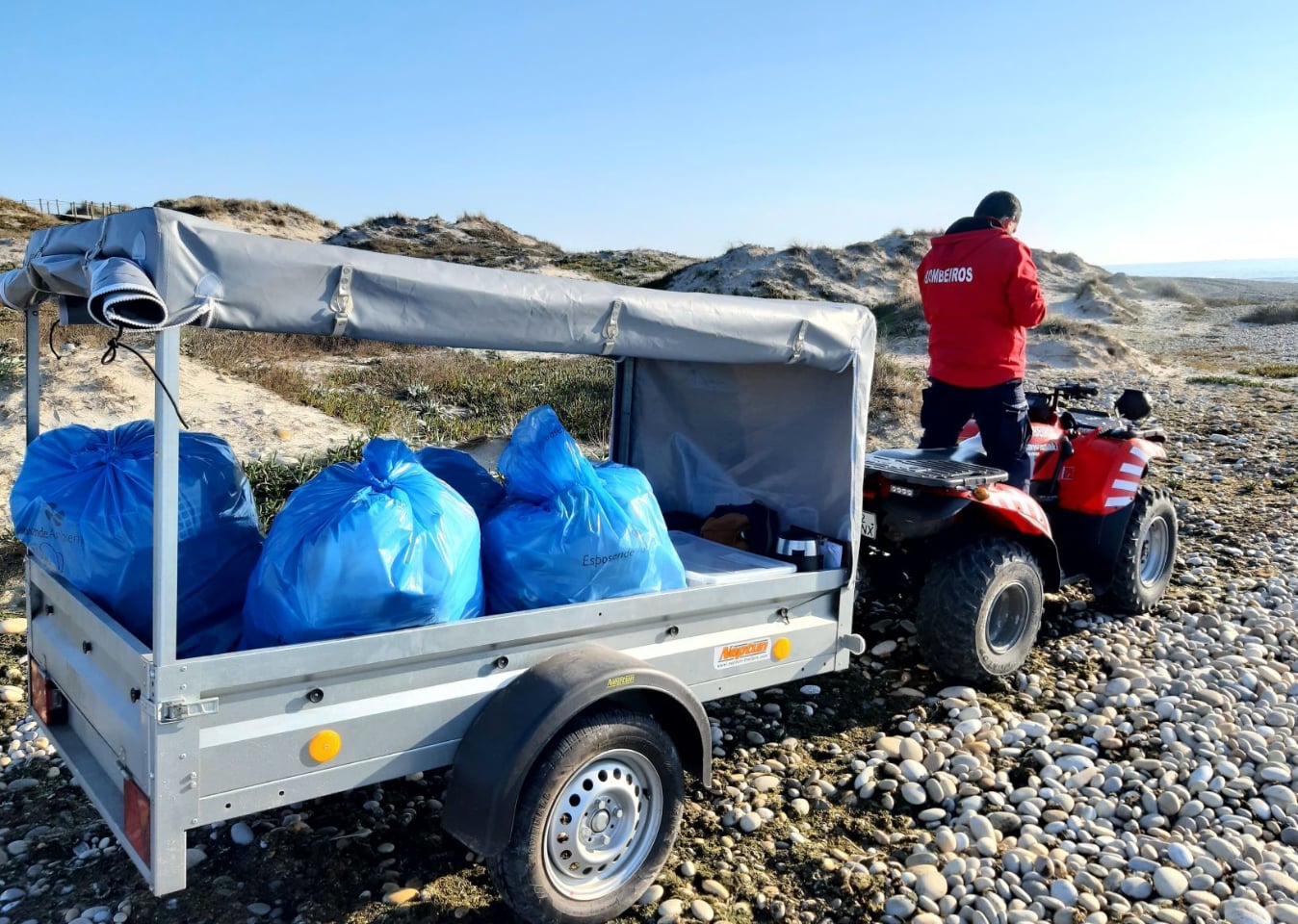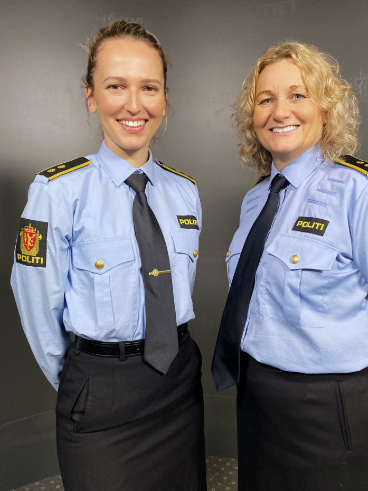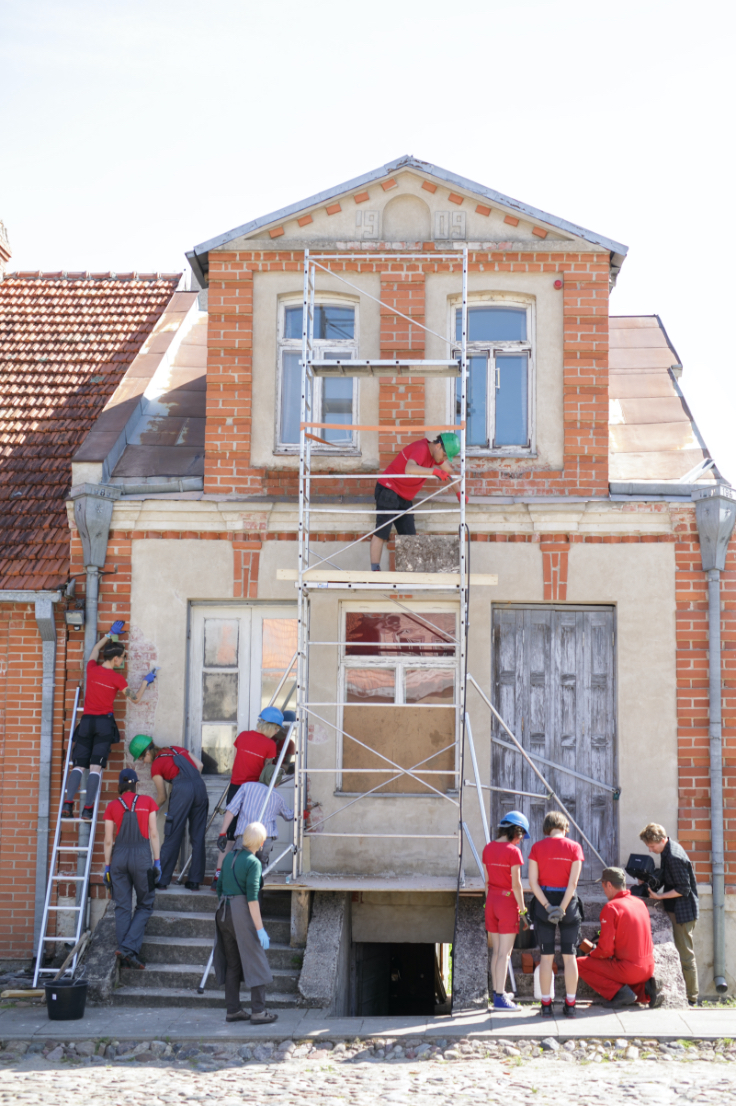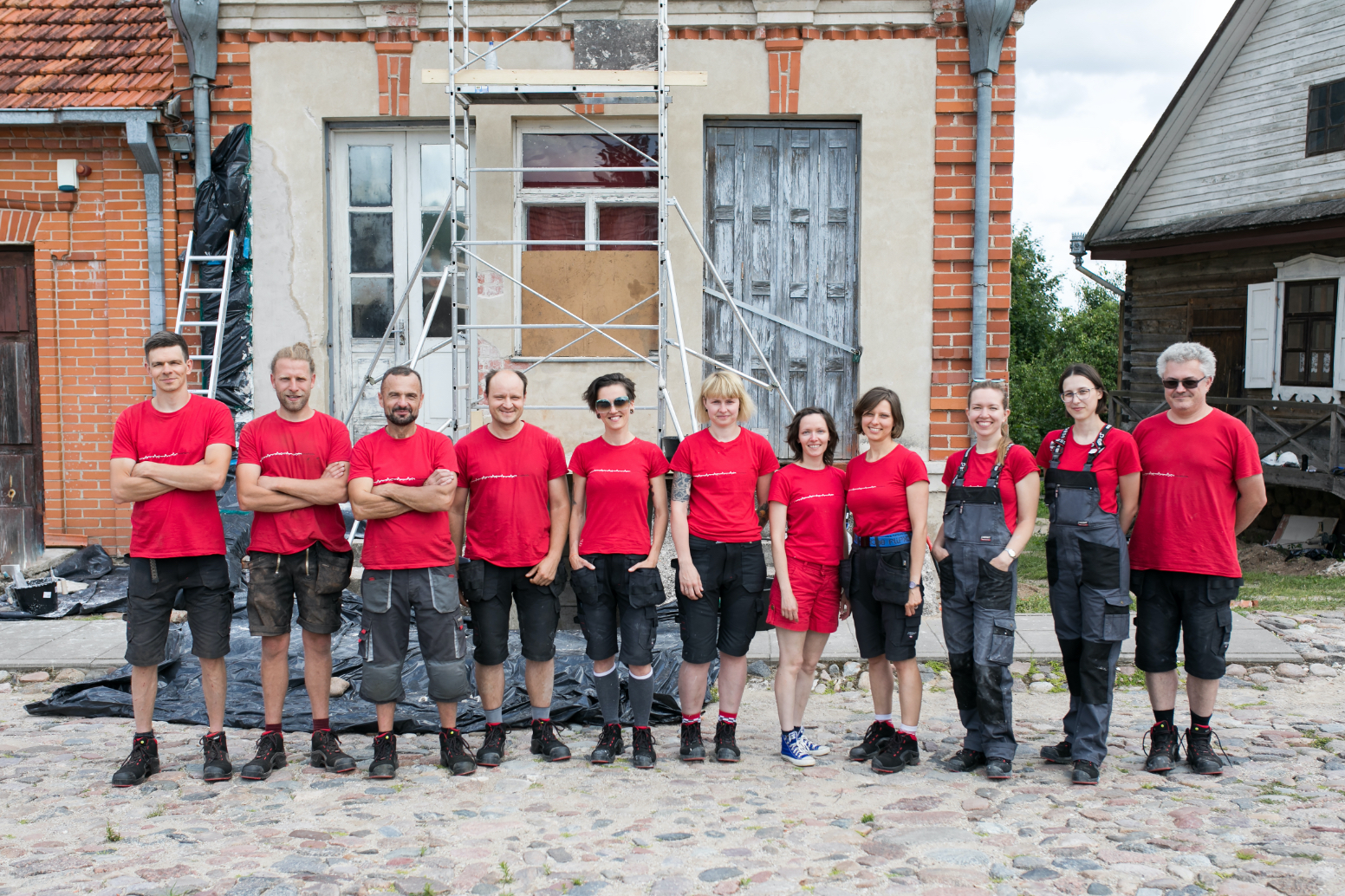To channel the funding where it is needed the most, the Donor States and the European Union have agreed upon a set of priorities that align the Grants with the Europe 2020 strategy:
- 1. Innovation, Research, Education and Competitiveness
- 2. Social Inclusion, Youth Employment and Poverty Reduction
- 3. Environment, Energy, Climate Change and Low Carbon Economy
- 4. Culture, Civil Society, Good Governance, and Fundamental Rights and Freedoms
- 5. Justice and Home Affairs
In 2020, Iceland, Liechtenstein and Norway continued to deliver on their commitment through the EEA and Norway Grants. Following the agreements on the EEA and Norway Grants 2014-2021 with the EU in 2016, the three Donor States signed cooperation agreements or Memoranda of Understanding (MoU) with Hungary last December. These became the last MoUs signed in the 2014-2021 funding period.
More specifically, thematic programmes are developed for each of the five priority sectors. A total of 96 programmes are currently under implementation. 15 of these were signed in 2020, offering even more opportunities for potential project promoters and project partners to implement ideas. Since 2017, a total of 287 calls for project proposals have been launched, 115 of these in 2020 alone.

